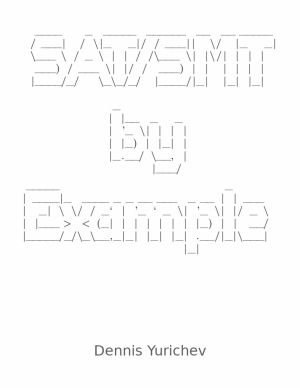
SAT/SMT solvers can be viewed as solvers of huge systems of equations. The difference is that SMT solvers takes systems in arbitrary format, while SAT solvers are limited to boolean equations in CNF 1 form. A lot of real world problems can be represented as problems of solving system of equations....
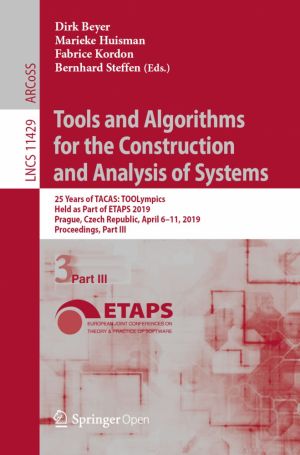
This book constitutes the refereed proceedings of the 7th International Conference on Tools and Algorithms for the Construction and Analysis of Systems, TACAS 2001. The 36 revised full papers presented together with an invited contribution were carefully reviewed and selected from a total of 125 submissions. The papers are organized in sections on ...
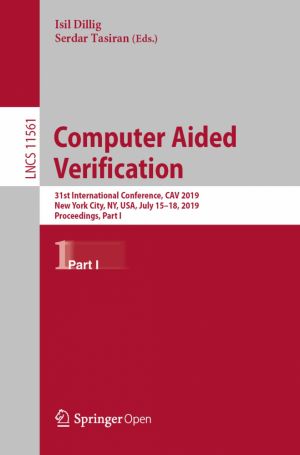
The book set LNCS 11561 and 11562 constitutes the refereed proceedings of the 31st International Conference on Computer Aided Verification, CAV 2019, held in New York City, USA, in July 2019. The 52 full papers presented together with 13 tool papers and 2 case studies, were carefully reviewed and selected from 258 submissions. The papers were organ...

This survey book reviews four interrelated areas: (i) the relevance of heuristics in problem-solving approaches – why they are important and what research tells us about their use; (ii) the need to characterize and foster creative problem-solving approaches – what type of heuristics helps learners devise and practice creative solutions; (iii) t...
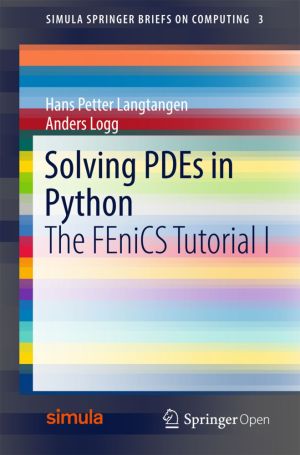
This book offers a concise and gentle introduction to finite element programming in Python based on the popular FEniCS software library. Using a series of examples, including the Poisson equation, the equations of linear elasticity, the incompressible Navier - Stokes equations, and systems of nonlinear advection - diffusion - reaction equations, it...
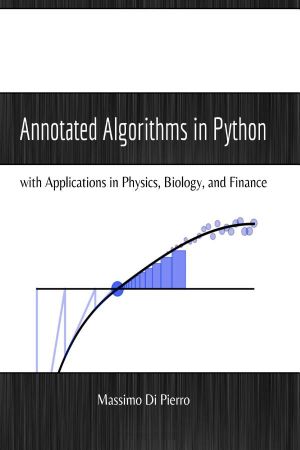
This book is assembled from lectures given by the author over a period of 10 years at the School of Computing of DePaul University. The lectures cover multiple classes, including Analysis and Design of Algorithms, Scientific Computing, Monte Carlo Simulations, and Parallel Algorithms. These lectures teach the core knowledge required by any scientis...
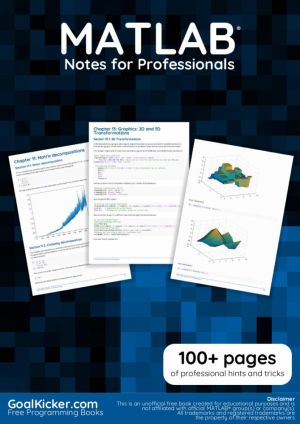
The MATLAB Notes for Professionals book is compiled from Stack Overflow Documentation, the content is written by the beautiful people at Stack Overflow....
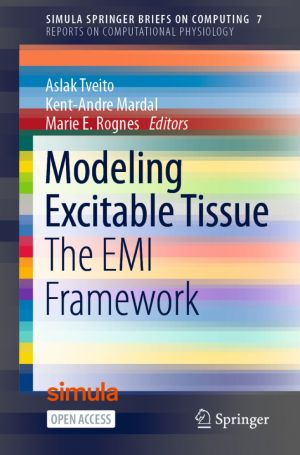
This open volume presents a novel computational framework for understanding how collections of excitable cells work. The key approach in the text is to model excitable tissue by representing the individual cells constituting the tissue. This is in stark contrast to the common approach where homogenization is used to develop models where the cells a...
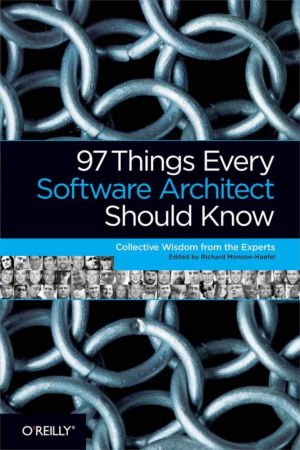
In this truly unique technical book, today's leading software architects present valuable principles on key development issues that go way beyond technology. More than four dozen architects - including Neal Ford, Michael Nygard, and Bill de hOra - offer advice for communicating with stakeholders, eliminating complexity, empowering developers, ...
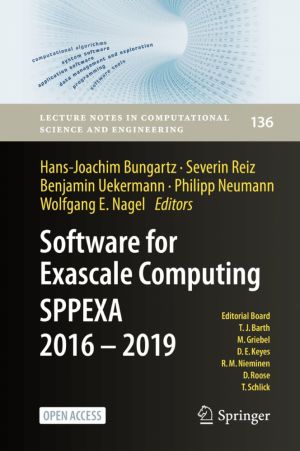
This open book summarizes the research done and results obtained in the second funding phase of the Priority Program 1648 "Software for Exascale Computing" (SPPEXA) of the German Research Foundation (DFG) presented at the SPPEXA Symposium in Dresden during October 21-23, 2019.
In that respect, it both represents a continuation of Vol. 1...
